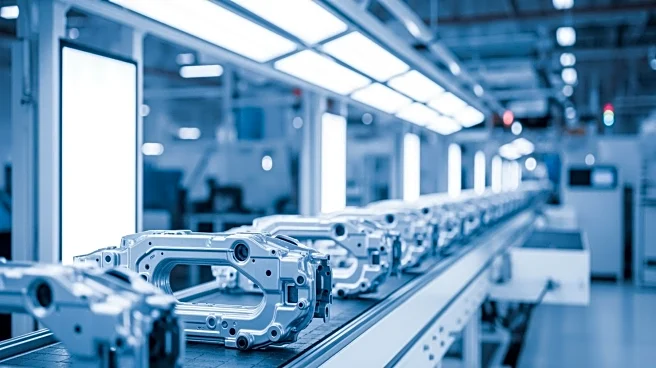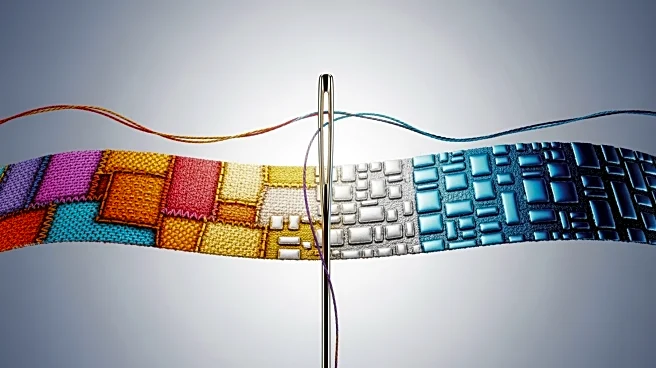What's Happening?
Tesla has instructed its suppliers to avoid using China-made components in the production of its cars for the US market. This decision is part of Tesla's broader strategy to replace all China-made parts
with alternatives from other regions within the next year or two. The move is reportedly driven by geopolitical tensions and aims to mitigate risks associated with reliance on Chinese manufacturing.
Why It's Important?
Tesla's decision to exclude China-made parts reflects the growing impact of geopolitical tensions on global supply chains. This shift could influence other companies to reconsider their reliance on Chinese components, potentially leading to a restructuring of international manufacturing networks. The move may also affect Tesla's production costs and timelines, as sourcing components from alternative regions could present logistical challenges.
What's Next?
Tesla's suppliers will need to adapt to the new requirements, potentially seeking new partnerships and manufacturing solutions outside of China. This transition may take time and could impact Tesla's production schedules. Other automotive companies may follow suit, leading to broader changes in the industry. The geopolitical landscape will continue to influence corporate strategies, with companies seeking to balance cost efficiency and risk management.










